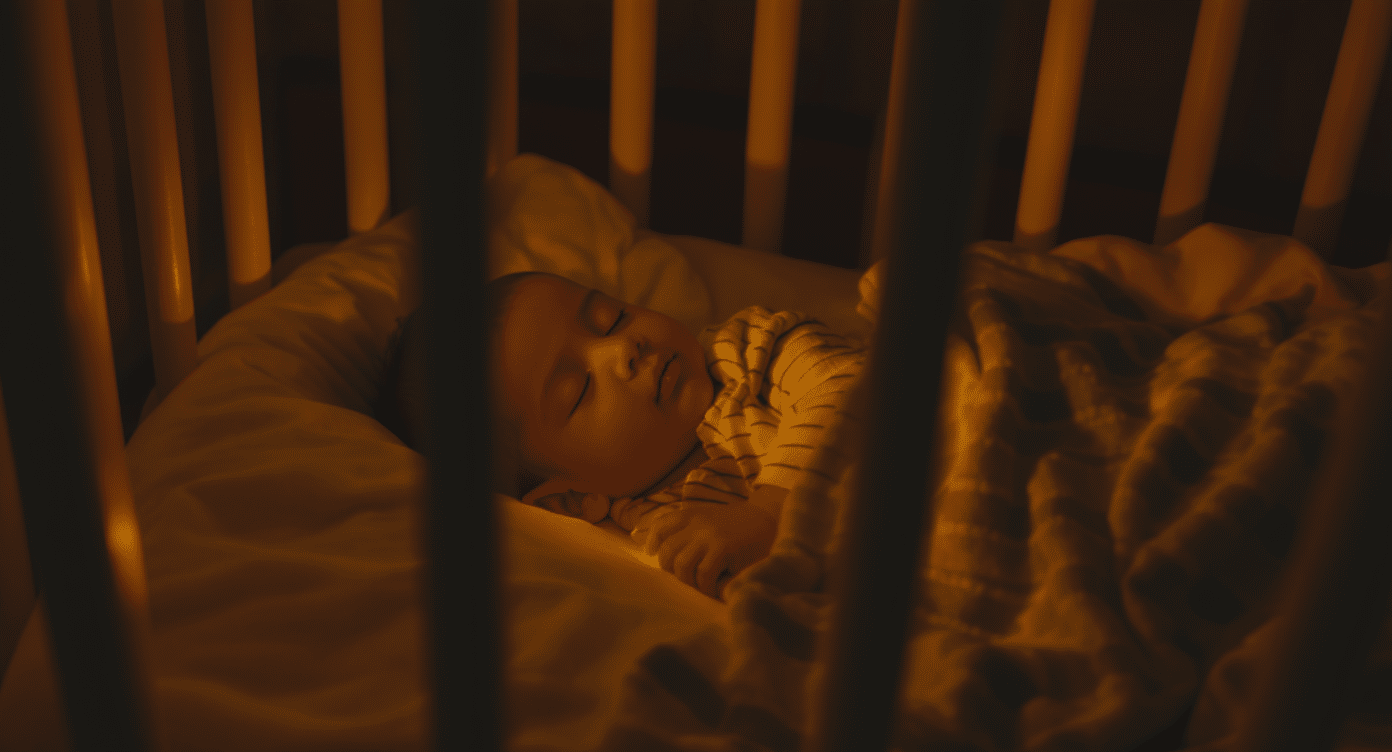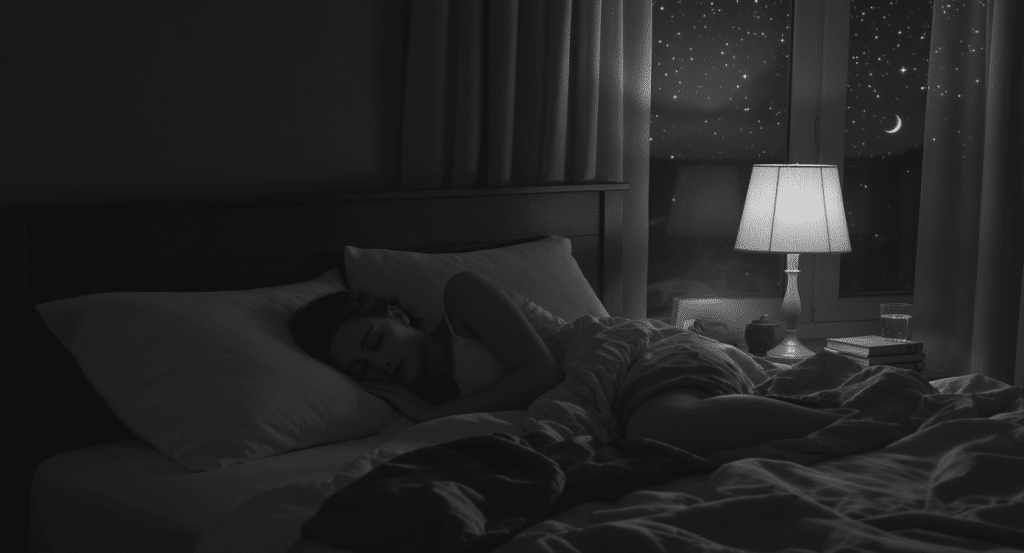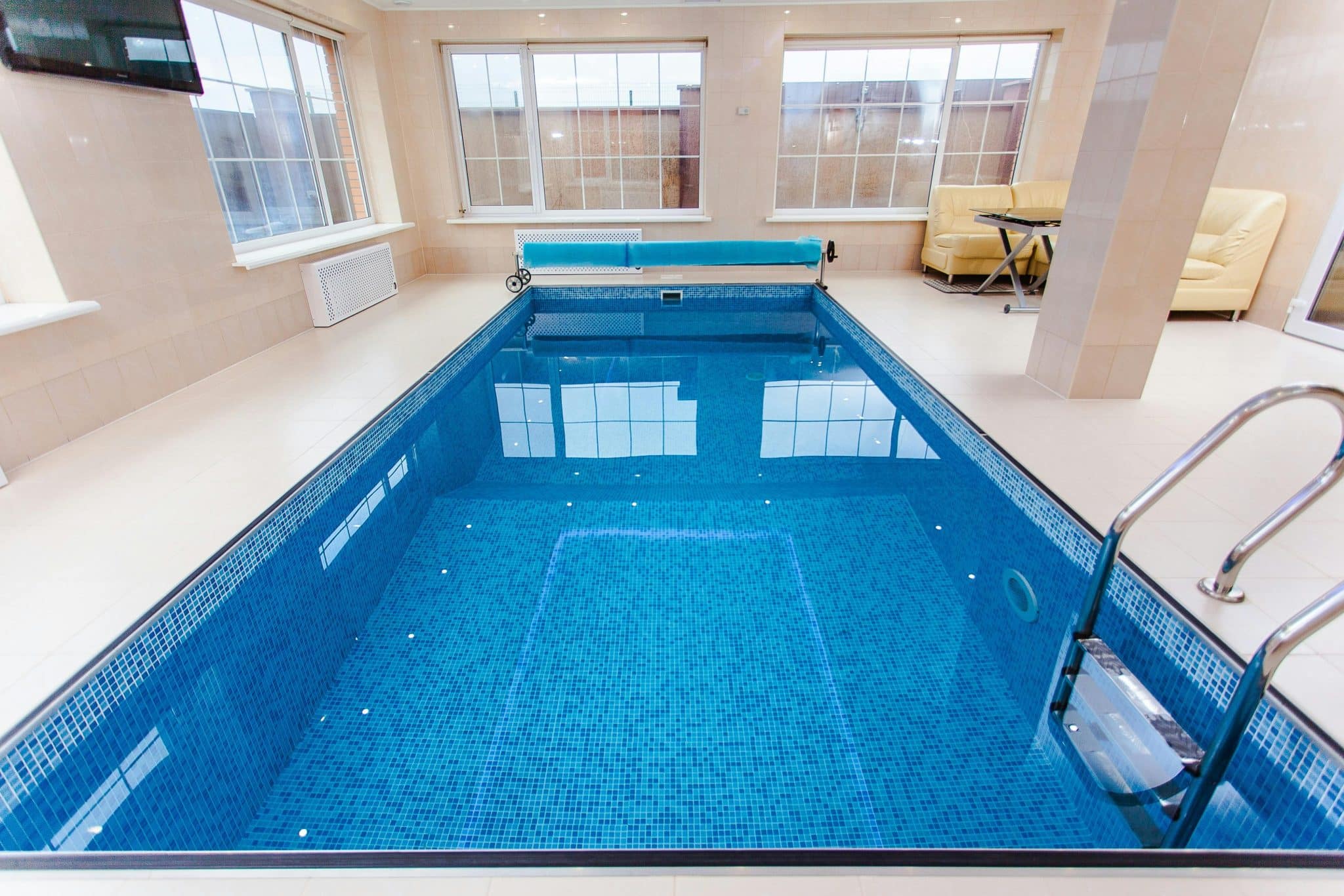The science of sleep continues to fascinate researchers because of its wide-ranging impact on health and performance.
Sleep is more than rest. It is an active process that enables the brain and body to restore, consolidate memories, and regulate vital bodily functions. The stages of sleep, including REM and deep sleep, each play distinct roles in physical repair and mental processing.
Disturbances such as insomnia, apnea, or irregular sleep schedules can disrupt these cycles and negatively impact well-being.
By studying the sleep, experts uncover the connections between rest, cognition, and long-term health, offering insights into better habits for improved quality of life.
What Is the Science of Sleep?
Sleep isn’t just about closing your eyes and resting. It’s a complex biological process that scientists study to understand how our bodies and minds recover each night.
Sleep science reveals that our bodies undergo distinct cycles every night. These cycles include light sleep, deep sleep, and REM (rapid eye movement) sleep. Each stage serves a different purpose for our health.
Deep sleep helps our bodies repair muscles and tissues. REM sleep helps our brains process memories and emotions.
Scientists use special equipment to measure brain waves, eye movements, and muscle activity during sleep.
This research helps us understand why we need sleep and what happens when we don’t get enough. The field continues to grow as researchers find new connections between sleep quality and overall health.
Inside the Sleeping Brain: What Really Happens

Your brain doesn’t shut down when you sleep – it actually becomes very busy with important tasks. Understanding what happens inside your sleeping brain can help you appreciate why quality rest matters so much. Let me walk you through the fascinating processes that occur while you’re unconscious.
The Sleep Cycle Stages
Your brain moves through different stages throughout the night:
Stage 1: Light Sleep
- Your brain starts to slow down from its awake state
- You can still wake up easily during this phase
- Muscle activity begins to decrease
- This stage lasts only 5-10 minutes
Stage 2: Deeper Light Sleep
- Brain waves slow down even more
- Your body temperature starts to drop
- Heart rate becomes slower and steadier
- This makes up about 45% of total sleep time
Stage 3: Deep Sleep
- Brain waves become very slow and large
- This is the most restorative sleep stage
- Your body repairs tissues and builds bone
- Growth hormone gets released during this time
REM Sleep (Rapid Eye Movement)
- Brain activity increases to almost awake levels
- Most vivid dreams happen during this stage
- Eyes move quickly back and forth
- Temporary muscle paralysis prevents acting out dreams
Brain Cleaning Process
While you sleep, your brain has its own cleaning system:
- Cerebrospinal fluid washes through the brain tissues
- This fluid removes waste products that build up during the day
- Toxic proteins like beta-amyloid get cleared out
- Poor sleep can lead to waste buildup in the brain
Memory Processing
Your sleeping brain works hard to process the day’s experiences:
- Important memories get moved from short-term to long-term storage
- Unnecessary information gets filtered out and forgotten
- New neural connections form to strengthen learning
- Problem-solving abilities improve after good sleep
How Sleep Shapes Your Health and Well-Being
Good sleep affects every part of your physical and mental health. Quality rest should be a top priority in your daily routine because it impacts multiple body systems.
Sleep strengthens your immune system by increasing the production of white blood cells and infection-fighting antibodies. Poor sleep makes you three times more likely to catch a cold when exposed to viruses.
Sleep helps maintain a healthy weight by controlling hunger hormones. Without enough rest, your body produces more ghrelin and less leptin. The science of sleep research indicates that people who sleep less than six hours nightly have a 30% higher risk of obesity.
Mental health also depends on adequate sleep. Sleep regulates emotions and stress hormones, such as cortisol. Good rest improves focus and decision-making abilities
Sleep Disruptors: How To Fix Them
Common sleep problems have specific solutions you can try at home. Here’s a practical guide to address the most frequent sleep disruptors:
| Sleep Disruptor | What It Does | How To Fix It |
|---|---|---|
| Blue Light from Screens | Blocks melatonin production | Stop screen use 1 hour before bed |
| Caffeine Late in Day | Keeps the brain alert for 6-8 hours | No caffeine after 2 PM |
| Room Too Hot | Prevents body temperature drop | Keep the bedroom at 65-68°F |
| Irregular Sleep Schedule | Confuses the internal body clock | Go to bed at the same time every night |
| Heavy Meals Before Bed | Causes digestive discomfort | Eat dinner 3 hours before sleep |
| Alcohol Before Sleep | Disrupts REM sleep cycles | Stop drinking 3 hours before bed |
| Stress and Worry | Keeps the mind active and racing | Try meditation or write worries down |
| Uncomfortable Mattress | Causes tossing and turning | Replace the mattress every 7-8 years |
| Noise Pollution | Wakes you during sleep cycles | Use earplugs or a white noise machine |
| Lack of Exercise | Reduces sleep drive | Get 30 minutes of activity daily |
Sleep Through the Ages: How Needs Change Over Time

Sleep requirements and patterns change significantly as we move through different life stages.
1. Newborns (0-3 months): 14-17 hours daily – Babies need the most sleep of any age group. They sleep in short bursts throughout the day and night. Their sleep cycles are shorter than those of adults, lasting about 50 minutes. Most of their sleep is REM sleep, which helps rapid brain development.
2. Infants (4-11 months): 12-15 hours daily – Sleep patterns start to become more regular during this stage. Babies begin to sleep for longer periods at night. They still need frequent naps during the day. Sleep consolidation improves as their circadian rhythms develop.
3. Toddlers (1-2 years): 11-14 hours daily – Toddlers typically need one long nap during the day plus nighttime sleep. They may resist bedtime as they become more independent. Consistent routines become very important at this age. Night terrors and sleepwalking can begin during this period.
4. Preschoolers (3-5 years): 10-13 hours daily – Most children this age still benefit from afternoon naps. Bedtime fears and nightmares become more common. The science of sleep shows that growth hormone peaks during deep sleep in this age group. Regular sleep schedules support emotional regulation.
5. School Age (6-13 years): 9-11 hours daily: Children usually stop napping by this age. School schedules require earlier wake times. Screen time can start affecting sleep quality. Sleep needs remain high to support learning and physical growth.
6. Teenagers (14-17 years): 8-10 hours daily – Biological changes shift teens’ circadian rhythms later. They naturally want to stay up late and sleep in. Early school start times often cause chronic sleep loss. Hormonal changes during puberty affect sleep patterns significantly.
7. Adults (18-64 years): 7-9 hours daily – Most adults need consistent sleep schedules for optimal health. Work stress and life responsibilities can interfere with sleep. Sleep efficiency may start to decline slightly. Regular exercise and good sleep hygiene become more important.
8. Older Adults (65+ years): 7-8 hours daily – Seniors often experience changes in sleep architecture. They may wake up more frequently during the night. Earlier bedtimes and wake times are common. Medical conditions and medications can affect sleep quality
The Bottom Line
Reflecting on the science of sleep shows just how essential nightly rest is for resilience and longevity.
Proper sleep strengthens memory, supports the immune system, and balances mood, while poor rest contributes to chronic health issues.
Although challenges such as stress or digital distractions may interfere, small adjustments, like maintaining consistent schedules or creating better environments, can lead to meaningful improvements.
Researchers continue to emphasize that prioritizing sleep is not optional but critical.
With guidance from the science, individuals and societies alike can make rest a cornerstone of overall health, productivity, and sustainable living in today’s fast-paced world.






































